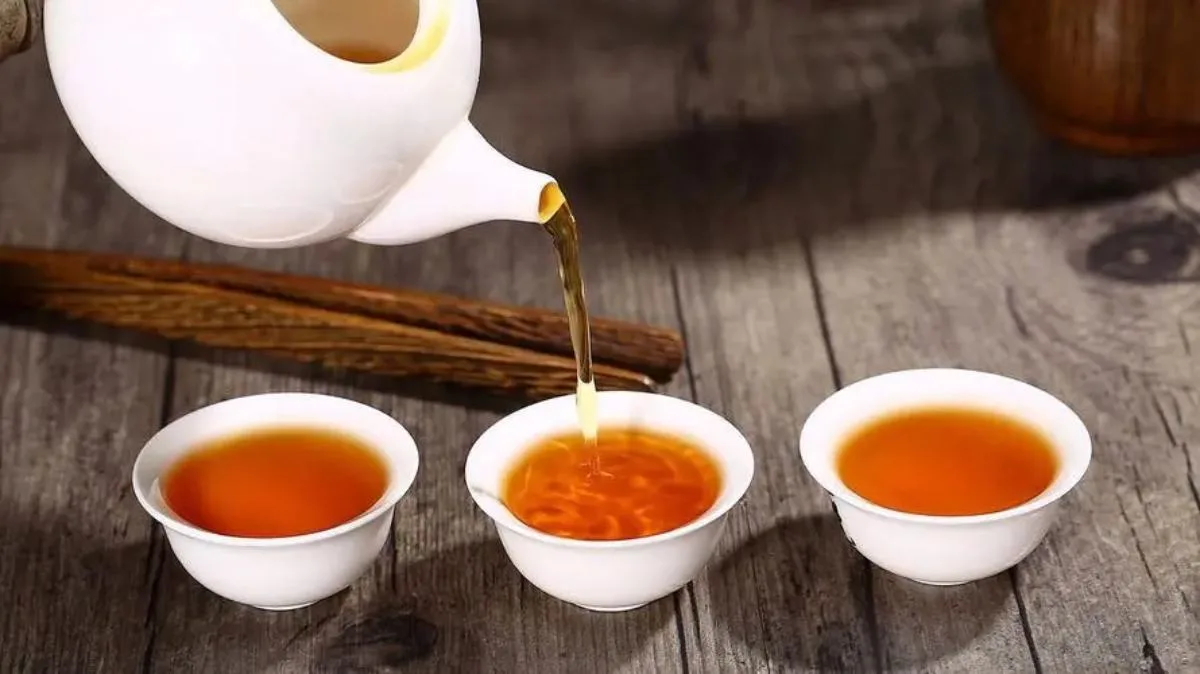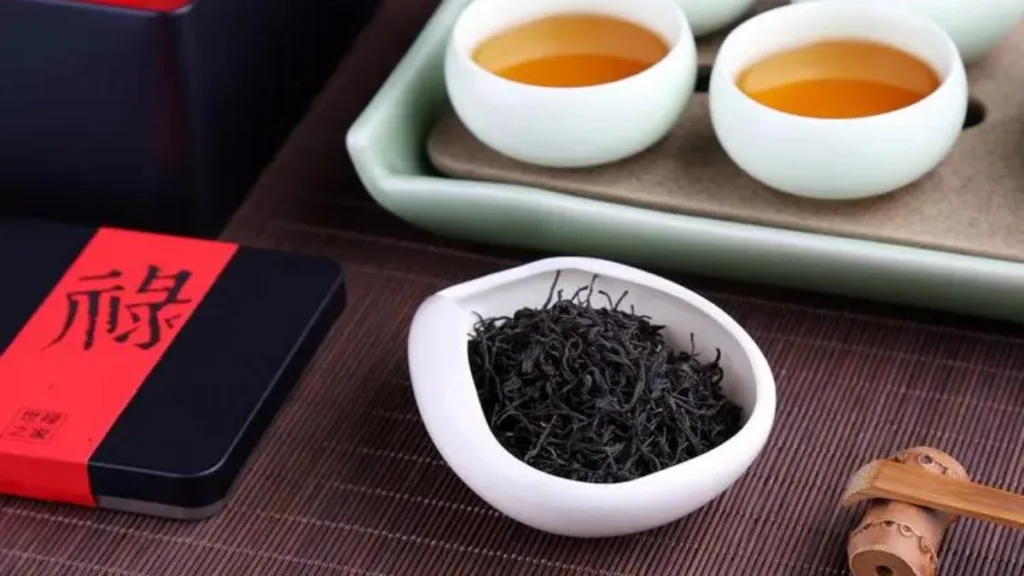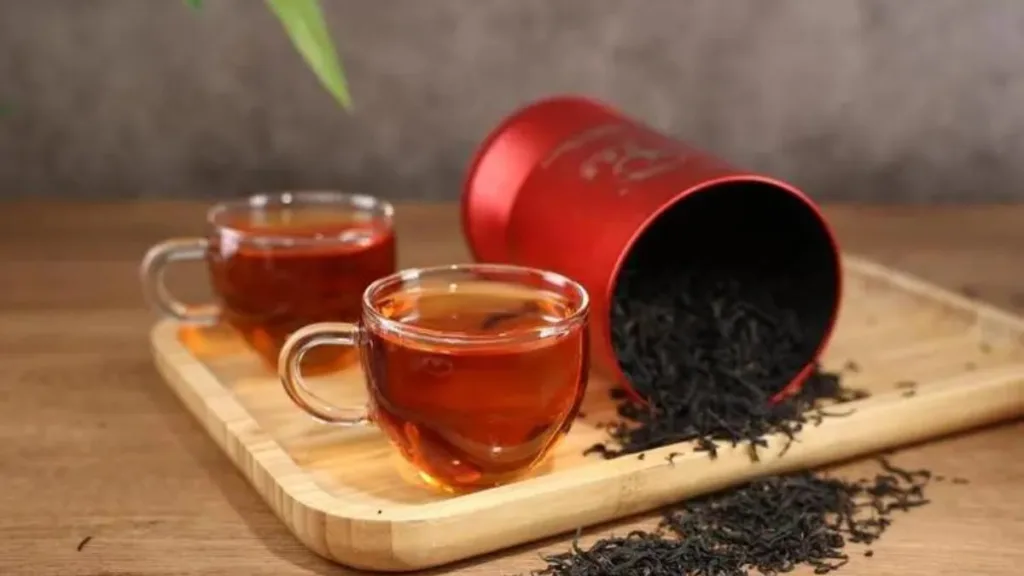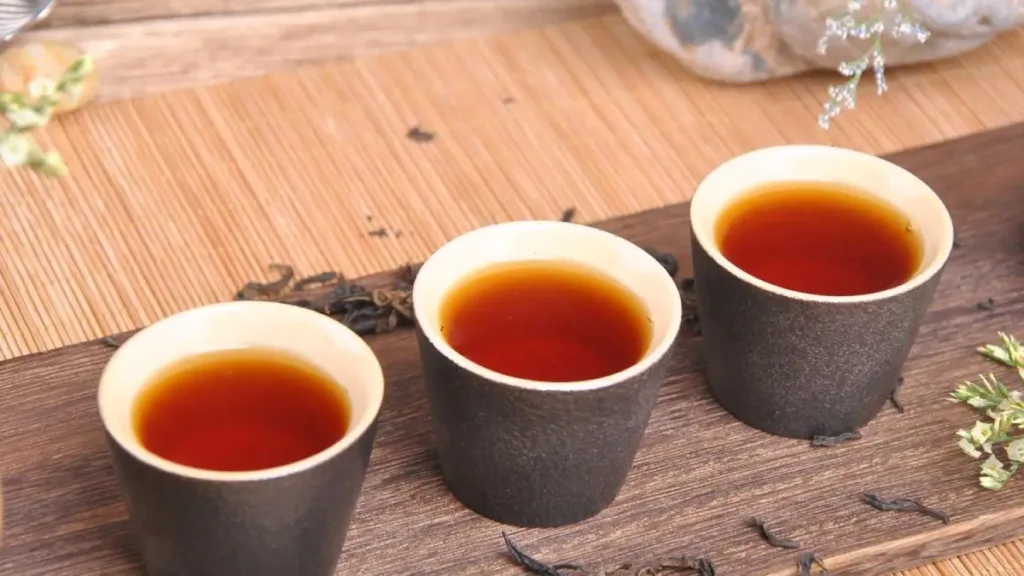Black tea, known as “hong cha” in Chinese, belongs to one of the six major tea categories originating from China. It is a fully fermented tea with a rich red color and a sweet, mellow flavor. Various types of black teas, such as Keemun and Jin Jun Mei, represent the diversity within the black tea family. Beyond its delightful taste, black tea is renowned for its health benefits. This article explores the question: Does black tea contribute to healthier skin, particularly in the context of acne?
Black Tea and Skin Health:
The antioxidants present in black tea can play a crucial role in maintaining skin health and preventing issues like acne. These antioxidants help protect the skin from acne-related concerns. For individuals prone to acne or those who seek to enhance their skin’s appearance, incorporating black tea into their routine may offer benefits similar to those found in skincare products containing antioxidants like benzoyl peroxide.
Acne often results from various factors, including hormonal fluctuations, excessive sebum production, bacterial infections, and stress. Black tea contains active compounds like theanine and polyphenols, which possess antioxidant properties. These compounds contribute to overall skincare by providing antioxidant effects, promoting alertness, and boosting metabolism. Therefore, individuals dealing with acne-related symptoms may find black tea consumption beneficial.
However, it’s essential to note that black tea contains tannic acid, which can bind with iron ions in food, affecting the body’s absorption and utilization of iron. Consequently, individuals with anemia or pregnant women should moderate their black tea intake. Additionally, caution should be exercised when combining black tea with vinegar, as it may impact digestion and lead to discomfort such as bloating. Simultaneous consumption of black tea with dairy products is not recommended, as it can hinder the absorption of catechins and polyphenols, potentially affecting overall health.
Brewing Black Tea:
- Choice of Utensils: When brewing black tea, commonly used utensils include porcelain, ceramic (especially purple clay pots), glass, and plastic. Porcelain, particularly in a milky white shade, is often preferred for its ability to enhance the color, aroma, and taste of the tea.
- Water Selection: Soft water with low calcium and magnesium content is recommended for brewing black tea. Spring water is ideal, as it contains fewer calcium and magnesium compounds while providing essential minerals.
- Tea Quantity: The amount of tea used depends on factors such as the size of the container, the characteristics of the tea, the number of individuals, and personal preferences. It’s crucial to strike a balance to avoid an overpowering or weak taste.
- Water Quantity: Water should cover the tea leaves, with the amount adjusted based on the tea quantity to prevent an overly concentrated or diluted infusion.
- Water Temperature: Although black tea can be brewed at 100°C, optimal temperatures range from 80°C to 85°C for improved taste. Attention to cooling time after boiling is necessary to achieve the desired temperature, considering factors like seasonal variations.
- Water Pouring Techniques: Different water flow rates, including gentle and fine streams, contribute to various brewing effects. Pouring methods such as targeted pouring, circular pouring along the cup’s edge, and direct pouring onto the tea leaves yield different results.
- Steeping Time: Black tea generally requires a quick steeping time, typically ranging from 1 to 5 seconds. Adjusting steeping time allows individuals to customize the intensity of the tea to suit their preferences.
Cautionary Measures:
In daily life, it’s advisable to avoid using excessively harsh exfoliating products to prevent exacerbating acne symptoms. Refraining from rubbing or squeezing acne lesions is crucial to prevent skin damage and bacterial infections. In case of any discomfort or adverse reactions, seeking prompt medical attention is recommended.
Conclusion:
In conclusion, incorporating black tea into one’s routine may offer potential benefits for individuals dealing with acne-related concerns. The antioxidants present in black tea, along with its other health-promoting properties, contribute to overall skincare. However, it’s crucial to be mindful of brewing practices and potential interactions with other substances. As with any health-related considerations, individuals should consult with healthcare professionals for personalized advice based on their unique circumstances.



